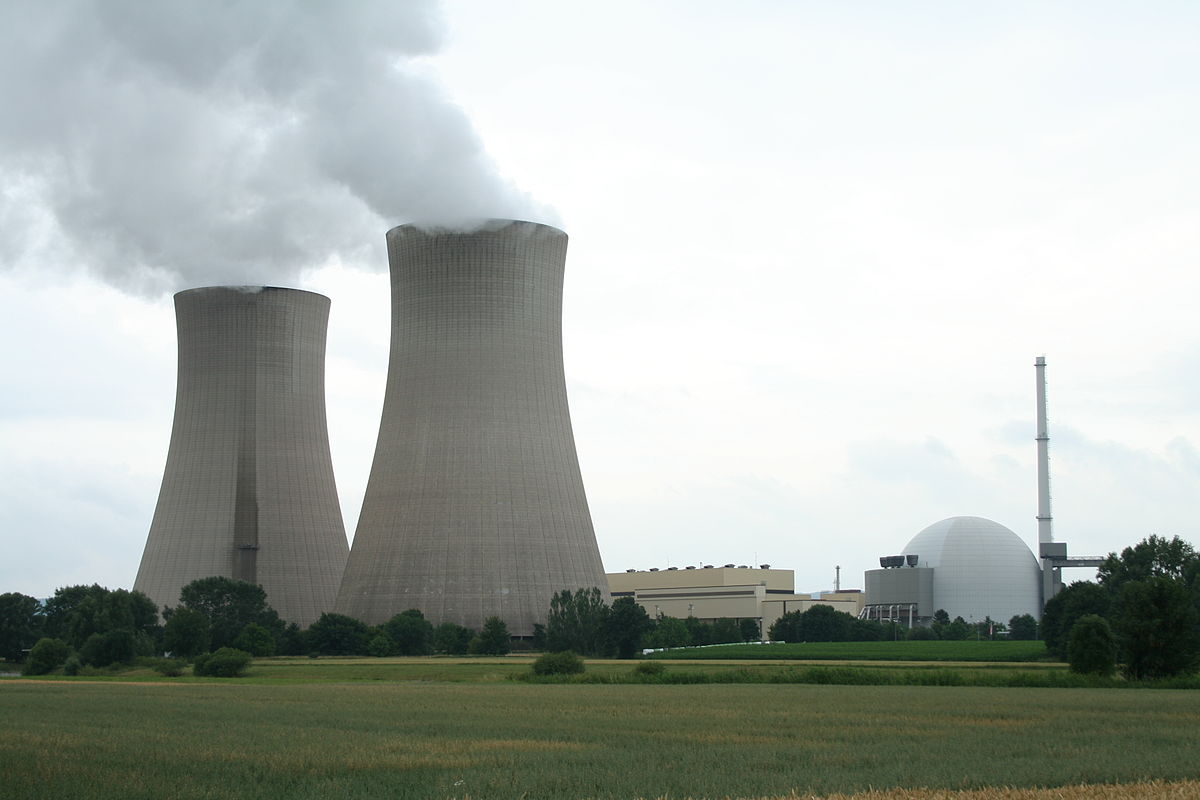Olaf Scholz, the chancellor of Germany, said for the first time that his country could delay or abandon the planned shutdown of its remaining nuclear reactors while criticizing Russia’s decision to restrict gas exports to Germany.
Top Stories
- Hegseth Will Be Confirmed January 19, 2025
- Key Trump Cabinet Nominees Face A Daunting Energy Policy Mess January 18, 2025
- Tom Homan Says Great Replacement Theory Could Backfire On Dems And Ramp Up Trump Support January 16, 2025
- ‘These Democrats Are Just Liars’: Rod Blagojevich Says Dems Are ‘Paying The Price’ For All Their ‘Lies’ January 16, 2025
- Retired NYPD Intel Officer Predicts Learning Ugly Truths On FBI As Trump Admin Digs Deeper January 18, 2025
Top Videos
Get curated news content to your inbox
August 3, 2022 1:12 pm - Germany, Nuclear Power, Russia-Ukraine Conflict, World
5 min. read
Germany Starts to Doubt Its Decision to Shut Nuclear Power Plants

A nuclear power plant in Grohnde, Germany via Heinz-Josef Lücking
